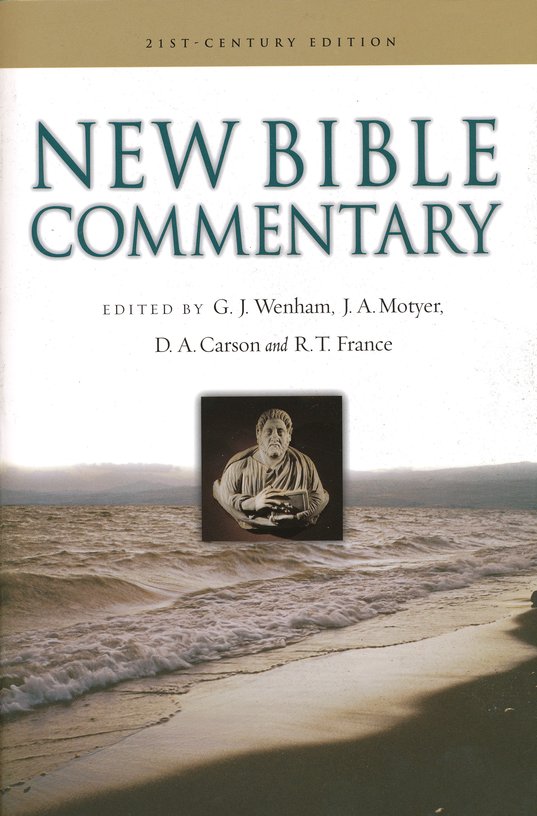AA Bondy – A Slow Parade
I’m not really sure how many people are doing the Cover-to-Cover thing this year, but my guess is a bunch. Alison is. Both small groups I’m involved in are doing it. A bunch of my co-workers. I run into people at restaurants and grocery stores telling me they are on track. Which is all good and well, but that leaves me feeling a little responsible for this being a good experience for them.
I know that I shouldn’t feel that way. This is God’s Word and we tell ourselves all the time that a person can just sit down and read the Bible and God will use it for good in their lives. But what if he doesn’t? Or worse, what if instead of drawing people to Him, it pushes them away? It wouldn’t be the first time that a person was put off by the way God is revealed in the Old Testament.
This week, we’ve been reading in Exodus. And on the surface, it can seem like God is being arbitrary, capricious, fickle, mean. Why was God “about to kill” Moses in Exodus 4? Why is God the one who hardens Pharaoh’s heart? Why was it necessary to kill all the firstborn in Egypt?
I don’t come with any answers today. But all this highlights that there is much in the Bible that is strange and foreign to us. Which for me raises the question… how much of that foreignness is due to being fallen and finite human beings unable to have God’s heart and mind or His much larger perspective on things? And how much of the foreignness is a result of our being so far removed culturally from the time and place in which these things transpired? As with most things Bible, my guess is both.
No blog post is going to make either of these massively complicated issues go away, but let me make one small suggestion.
Get help.
I know that the penultimate portrait of the ideal Christian is a person all alone with their Bible receiving what they need to understand “directly” from God. But as I have (with very little success) tried to explore in previous posts, it is never just me and my Bible. There is always a certain set of assumptions, and previous experiences, and cultural worldviews, and personal biases, and relational dynamics, and so on that guide our reading.
So you need others to help. And while doing it with a group of people is good, if they are all share the same limitations of expertise and background then you’ll probably end up doing what I do… stare at each other with blank looks and say, “maybe.”
Someone who is doing the read along came across this one-volume commentary and wondered if I would recommend it.
I would. What you get is a commentary on the entire Bible in one book by some guys who ain’t dumb. So when you read that Moses was about to die until quick witted Zipporah did what needed to be done (with a knife and no anesthetic – yikes), it might tell you something like this episode needs to be read in the context of the verses prior where God predicts Pharaoh’s refusal to obey God. And refusal to obey God whether you are Pharaoh or Moses (or you and me) has serious consequences. Something like that.


Yes, I actually am holding you personally responsible for any assumptions, inferences and conclusions that I take away from the project. While I am at it, I think I will lay my busy workload, that has got me behind schedule, on you as well. I’m sure you won’t mind.